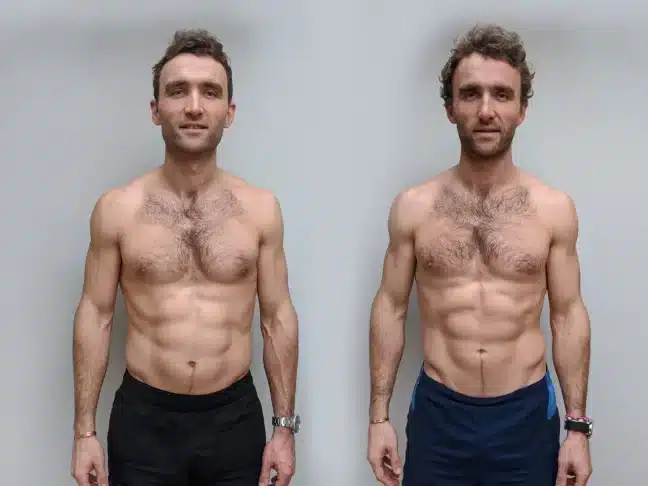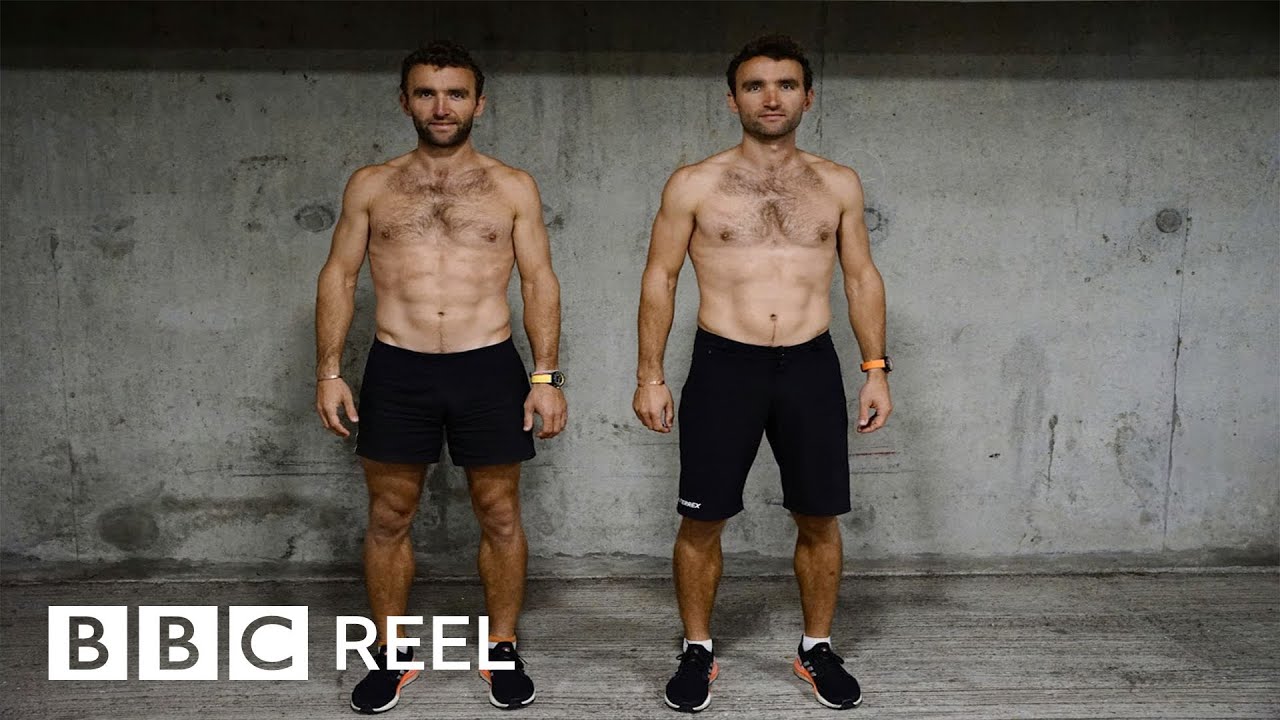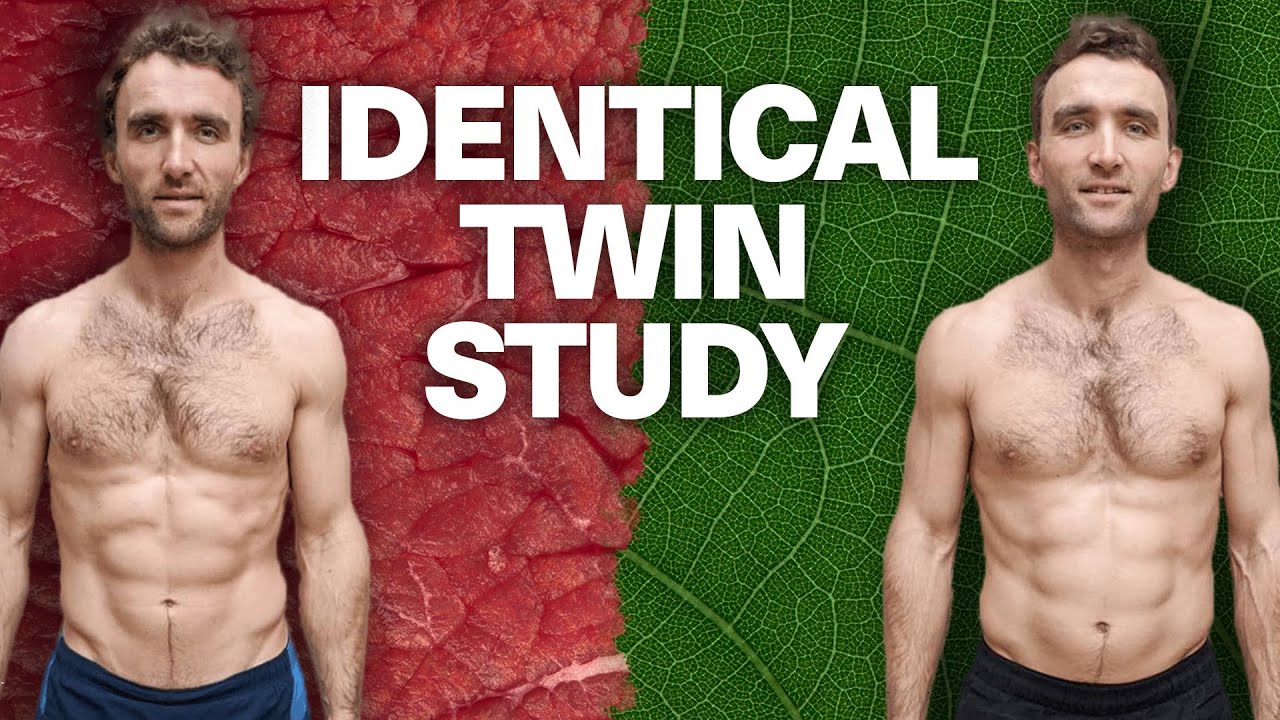Hugo and Ross Turner, known for their adventurous expeditions, embarked on a different kind of journey—this time, exploring the effects of diet. In 2020, they decided to compare how a vegan diet. Their motivation for this unique 12-week trial, from January to March, stemmed from the growing debate and popularity of vegan diets among athletes, particularly as highlighted in documentaries like “The Game Changers.”
To maintain fairness and eliminate bias, the twins kept their fitness training identical. Ross, a personal trainer, designed the program, which involved endurance workouts five to six days a week. They both consumed meals prepared by Mindful Chef, ensuring they ate nearly the same amount of calories each day. While Hugo followed a vegan diet, Ross stuck to an omnivorous one. Throughout the experiment, researchers from King’s College, London, tracked their basic health metrics, such as weight, cholesterol, and muscle mass.

The Benefits of a Vegan Diet
A diet based on whole, plant-based foods is associated with a reduced risk of heart disease and improved overall health.
This diet, mainly comprising vegetables, fruits, legumes, whole grains, nuts, and seeds, is low in saturated fats and high in heart-healthy fats and dietary fiber. Additionally, these plant-based foods supply essential vitamins, minerals, antioxidants, and phytochemicals, all of which contribute to enhancing the body’s defense against various diseases. Studies show that vegan diets are linked to lower risks of heart disease, with people following vegan or vegetarian lifestyles often having lower blood pressure and LDL (bad) cholesterol than non-vegetarians. Some research also suggests that well-structured vegan diets can help regulate blood sugar levels and reduce body inflammation.
It’s essential to recognize that while these diets contribute to better health, other lifestyle factors common among vegans and vegetarians—such as increased physical activity and reduced alcohol consumption—also play a significant role in lowering health risks.
The Turners’ Findings
As the experiment progressed, the twins noticed notable changes. Hugo, after adopting the vegan diet, reported feeling more energized during his workouts and observed better mental clarity, a sharp contrast to his previous routine. He attributed this to a shift in snacking habits, replacing chips and biscuits with fruits and nuts.
One of the most significant outcomes for Hugo was his reduction in weight and body fat. Starting at around 185 pounds with 13% body fat, he ended up weighing 181 pounds and reduced his body fat to 12%. His cholesterol levels also improved. However, a downside was his noticeably lower libido while following the vegan diet.
Ross, who started slightly bigger than Hugo, had different results. On the omnivorous diet, he gained 10 pounds of muscle but also saw an increase in fat, raising his body fat percentage to 15%. Unlike Hugo, his cholesterol levels remained unchanged throughout the trial.
Gut Microbiome Changes
Hugo’s vegan diet also led to interesting changes in his gut microbiome, the population of beneficial bacteria in the digestive system. Fecal sample analysis by Atlas Biomed showed that Hugo’s microbiome shifted in ways that might increase his resistance to chronic conditions like obesity and type 2 diabetes. Surprisingly, both twins experienced a reduction in gut microbial diversity, typically associated with lower resilience to certain chronic diseases like Crohn’s.
The twins admitted that 12 weeks was a relatively short timeframe for a dietary study. They noted that if they were to redo the experiment, they would prefer to extend it to six months or a year for more comprehensive data. Despite the short duration, the experiment was insightful, and both brothers expressed plans to include more plant-based foods in their diet going forward.
In conclusion, they believe the ideal diet is a balance of plant- and animal-based foods. Their experiment highlighted the benefits of both diets, with neither proving to be definitively superior. For those interested in trying a vegan diet, Hugo and Ross recommend starting small, such as replacing snacks with vegan options, to broaden one’s dietary choices.
The Turner twins’ dietary experiment adds to their portfolio of extraordinary experiences. From scaling Mt. Elbrus in Europe in 2015 to recreating Sir Ernest Shackleton’s 1914 expedition in Greenland using vintage gear, the twins continue to inspire and educate others on the potential of the human body, mind, and spirit.
Considering a Vegan Diet?
You don’t need to fully transition to a vegan or vegetarian lifestyle to enjoy the benefits of plant-based foods. Simply adding more plant-based options and reducing processed foods in your everyday diet can significantly improve your health and lower your risk of heart disease.
Globally, various dietary patterns, some including moderate amounts of meat and dairy, promote longevity and overall health. Examples from the “Blue Zones” include the traditional Mediterranean diet, the vegetarian diet of the Seventh-Day Adventists, and the primarily plant-based diet of Okinawans in Japan. What these diets have in common is their emphasis on plant-based foods.


